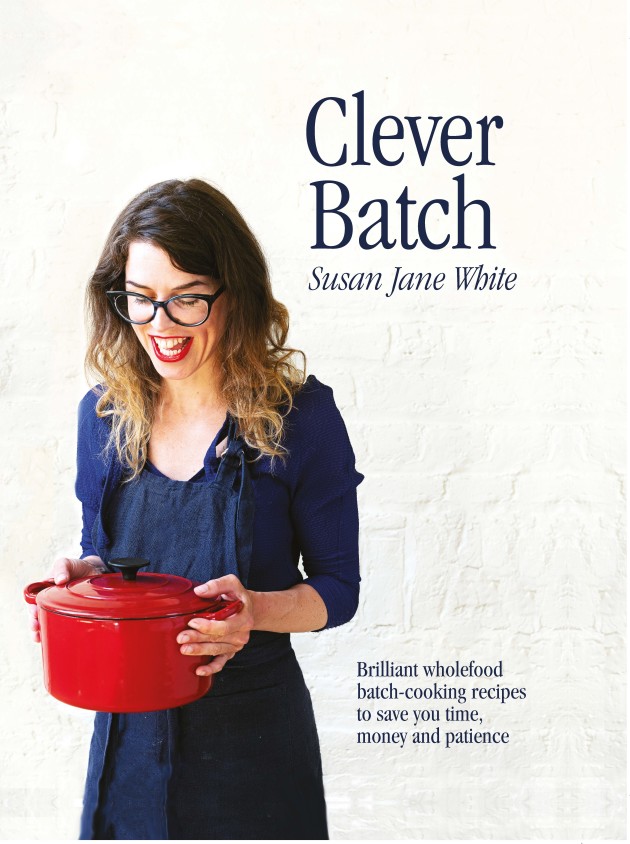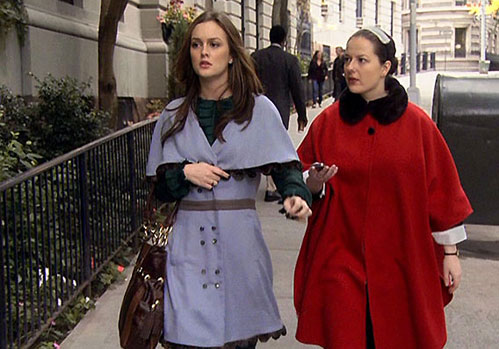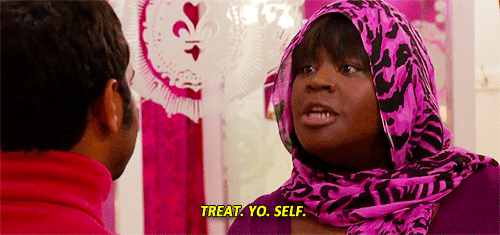What Science Says About Weddings and Divorces

“A diamond is forever”. We’re decades from the moment Frances Gerety wrote this line in 1947. He was a copywriter on the De Beers account at the advertising agency N.W. Ayer. While countless married couples have split ever since the campaign has invented a link between eternal romance and diamonds that everybody is still taking for a fact today. Science, however, proves that marriage is much rather about consistency than it is about spending, preparing or listening to the community.
Why do we need marriage?
While there’s no possible way to quantify it, various researches have shown that married couples make a more stable society, both in terms of economics and demographics. In fact, it appears that policymakers have good reasons to be interested in the determinants of marriage and divorce considering that marriage reduces the incidence of poverty and other social ills among both adults and children, and the divorce increases it.
“Marriage is a commitment that is witnessed and, to a greater or lesser extent, supported by the community in which the couple is situated. The act of marrying can change not only the duration of a relationship but also the willingness of the partners to take actions that benefit them as a couple while the relationship endures.” (Nancy R. Burstein, Economic Influences on Marriage and Divorce)
In other words, putting a ring on it actually raises the chances for both of you to be the best version of yourselves. And it does even better for your children. Add a general state of mind that’s more balanced, happier lives and healthier even, and the answer to the question in the subtitle clears up.
And we do marry, quite a lot
According to the American Psychological Association, more than 90% of people in Western cultures marry by the time they reach 50.
“Healthy marriages are good for couples’ mental and physical health. They are also good for children; growing up in a happy home protects children from mental, physical, educational and social problems.”
But we don’t that much, lately
While about 40 to 50% of the couples getting married in the US end up with a divorce (according to Onlinedivorce.com), the EU is not doing much better either. In fact, the number of those who walk the aisle in the first place has been decreasing in the last decades. According to Eurostat EU’s Official Statistics Organism, the marriage rate on the Old Continent has declined from 7.8 per 1000 persons in 1965 to 4.4 in 2016. Meanwhile, the divorce rate in the EU increased from 0.8 per 1000 persons in 1965 to 1.9 in 2016.
It should be noted that various alternatives to marriage have been growing in popularity and are often used instead. For instance, registered partnerships have become more widespread and national legislation has changed to confer more rights on unmarried couples. Moreover, there is a growing trend of couples that have children without getting officialization of their family at all.
Is it because of education?
Education clearly makes a difference. Couples with just high school studies are more likely to split up, as the stress of everyday living adds up to the problems we all face anyway.
It was the case at least for baby boomers, according to Bureau of Labor Statistics that highlighted a result from the National Longitudinal Survey of Youth (1979). The marriage and divorce patterns of the group of young baby boomers they’ve studied shows that “The chance of a marriage ending in divorce was lower for people with more education.”
The division of labor
The way we see things throughout societies has changed profoundly in the last 50 years. Think of how the women’s liberation movement, the advent of the sexual revolution and the increase in women’s labor force participation have influenced society.
However, believe it or not, studies show that the male breadwinner stereotype is still very much alive. Researcher Alexandra Killewald found that couples in which the husband didn’t have a full-time job had a 3.3% chance of divorcing the following year, compared to 2.5 percent among those in which the husband did. The 2016 Harvard study was published in the American Sociological Review and was based on heterosexual marriages that began after 1975.
When you marry
Timing is quite important when it comes to making a life with the person you love. Statistically, there are plenty of young couples who take prompt decisions, while quite a lot of others simply postpone the call until it’s too late.
Naturally, the question of what’s the perfect moment to do it pops up. The answer is that you make the call according to what you feel is right. No perfect timing for this sort of decision.
However, science does show that the risk for things not to work out is especially high for teenage couples. According to research led by Nicholas Wolfinger, a professor at the University of Utah, the odds of divorce increase by about 5 percent every year, when you marry after the age of 32. It appears that the late 20s are the most successful years.
The age gap
On the other hand, too many years of difference between the two may also lead to a sad ending. Moreover, research published in the Economic Inquiry by Andrew Francis-Tan and Hugo M. Mialon shows that wedding expenses won’t help with a long-lasting marriage either.
“A one-year discrepancy within a couple’s age makes them 3 percent more likely to divorce (when compared to their same-aged counterparts); a 5-year difference, however, makes them 18 percent more likely to split up. And a 10-year difference makes them 39 percent more likely.”
The beginning tells a lot about the end
Do you know that couple that simply can’t resist more than 20 minutes before a long-lasting kiss kicks in? Or the other friends you hear saying the kindest words to each other – over and over again? If it seemed a bit too much you might like the next research.
In research called “The Connubial Crucible: Newlywed Years as Predictors of Marital Delight, Distress, and Divorce” a group of professors from the US has found that the beginning of marriage can tell a lot of how it will end, but not like most of us would think. First of all, increasing negativity early in marriage is not really a forecast of marital failure, rather disillusionment could be.
It appears that when you start off with too much affection the bar is raised too high to keep up with the expectations. “As newlyweds, couples who divorced after 7 or more years were almost giddily affectionate, displaying about one third more affection than did spouses who were later happily married,” the professors explained.
Too much stress will stress you out
Sure, stress is the disease of the 21st century (just to keep the stereotype alive). However, when it comes to marriage, it appears it actually does have the power to ruin relationships. At least it does in Germany, Italy, and Switzerland, according to a study that found that communication, problem-solving, and coping are main triggers for a path to divorce, but stress can do that too.
“Although the general stress level did not influence individuals’ decision to divorce, most participants considered the accumulation of everyday stresses as a central trigger for divorce. Future research should investigate the process of divorce, particularly in relation to the commitment and interpersonal competencies.”
So what do you do? Talk!
Talk about your problems, about your desires, about your intimate wishes or lacks – just talk with the one you love if you really want him or her to know and be there for you. Sure, that’s not your shrink talking, but science.
After observing newlywed couples four times at 9-month intervals and focusing on their positivity, negativity, and effectiveness, a 2016 research has found that communicating may influence the duration of a relationship. However, the same study says that the results were not strong enough to exclude the other possibility either.
“Cross-sectionally, relatively satisfied couples engaged in more positive, less negative, and more effective communication. Longitudinally, reliable communication-to-satisfaction and satisfaction-to-communication associations were identified, yet neither pathway was particularly robust.”
Once a week
Getting intimate at least once a week will also help relationships to last. It’s what the Society for Personality and Social Psychology has found after surveying 30,000 Americans over four decades.
“Although more frequent sex is associated with greater happiness, this link was no longer significant at a frequency of more than once a week,” lead researcher Amy Muise said. “Our findings suggest that it’s important to maintain an intimate connection with your partner, but you don’t need to have sex every day as long as you’re maintaining that connection.”
While countless studies look into the science of love, of breaking up, of relationships that last for life, most of them focus on bits and pieces. It’s only normal, considering spending your life with someone can’t really go by recipe. It’s really a life and learns that kind of thing. But one thing is sure; being in the moment will definitely help.











































